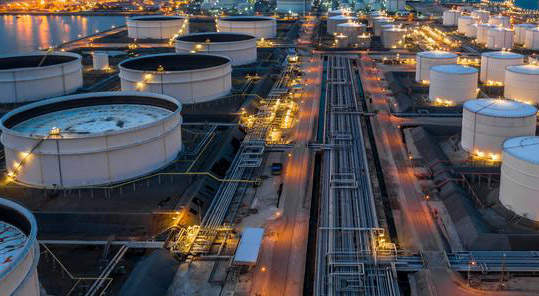
Players in the oil and gas sector, yesterday, in Abuja, sought leeway for gas development in Nigeria, noting that hurdles persist, despite over $18 billion proposed gas-related projects.
As attention shifts from fossil fuel, alongside huge economic implications for Nigeria, Africa’s most populous country and the poorest in terms of electricity and standards of living, has been projecting gas as a transition fuel to drive industrial development.
Stakeholders, who gathered at a dialogue on Nigeria’s decade of gas plan, organised by AfriTal and the Natural Resource Governance Institute (NRGI), said more has to be done, if Nigeria would realise projected gains of the gas aspiration.
Speaking on ‘Impact of Paradigm Shifts on Fossil Fuel Investments Globally’, the Lead, Domestic Energy Transition, NRGI, Aaron Sayne, said although over $18 billion projects are in the pipeline, those under construction are worth less than a billion dollars. According to him, most of the projects are in stages of negotiation, with funding remaining a key constraint.
Sayne also raised concerns over the impact of the power sector on gas development, saying in addition to all gas related infrastructure, the country would need money to repair, update, and extend its electrical grid.
“One recent study found that across Africa, just one out of every $10 invested in energy over the last decade went to transmission and distribution of power. So, the infrastructure investment gap in power grids is especially huge,” Sayne said.
He noted that as investors’ interests in gas projects follow global trends, energy transition decreases demand for Nigerian oil, resulting in fewer dollars for the country.
Director of AfriTal, Dr. Louis Ogbeifun, said as many countries abandon fossil fuel as a significant energy source, Nigeria would need to pump more crude oil to make good its promise to join the train.
According to him, increasing crude oil production, in the short run beyond current level, will provide money to diversify and invest in alternative sources.
“Even in the medium and long-term periods, natural gas, which Nigeria has in abundance, which has been described as cleaner than coal or petroleum, is also within the fossil fuel family.”
“This means that walking off fossil fuel for Nigeria is not immediately foreseeable. The question is: how does Nigeria maximise its hydrocarbon benefits, with so much of its assets lost to vandalism, crude theft, and massive depreciation of its currency?” Ogbeifun asked.
Stressing that Nigeria’s focus on gas as a sustainable energy alternative is capital intensive, Ogbeifun said dwindling international funding and expulsion of foreign interests from some parts of the continent, should create serious concern.






